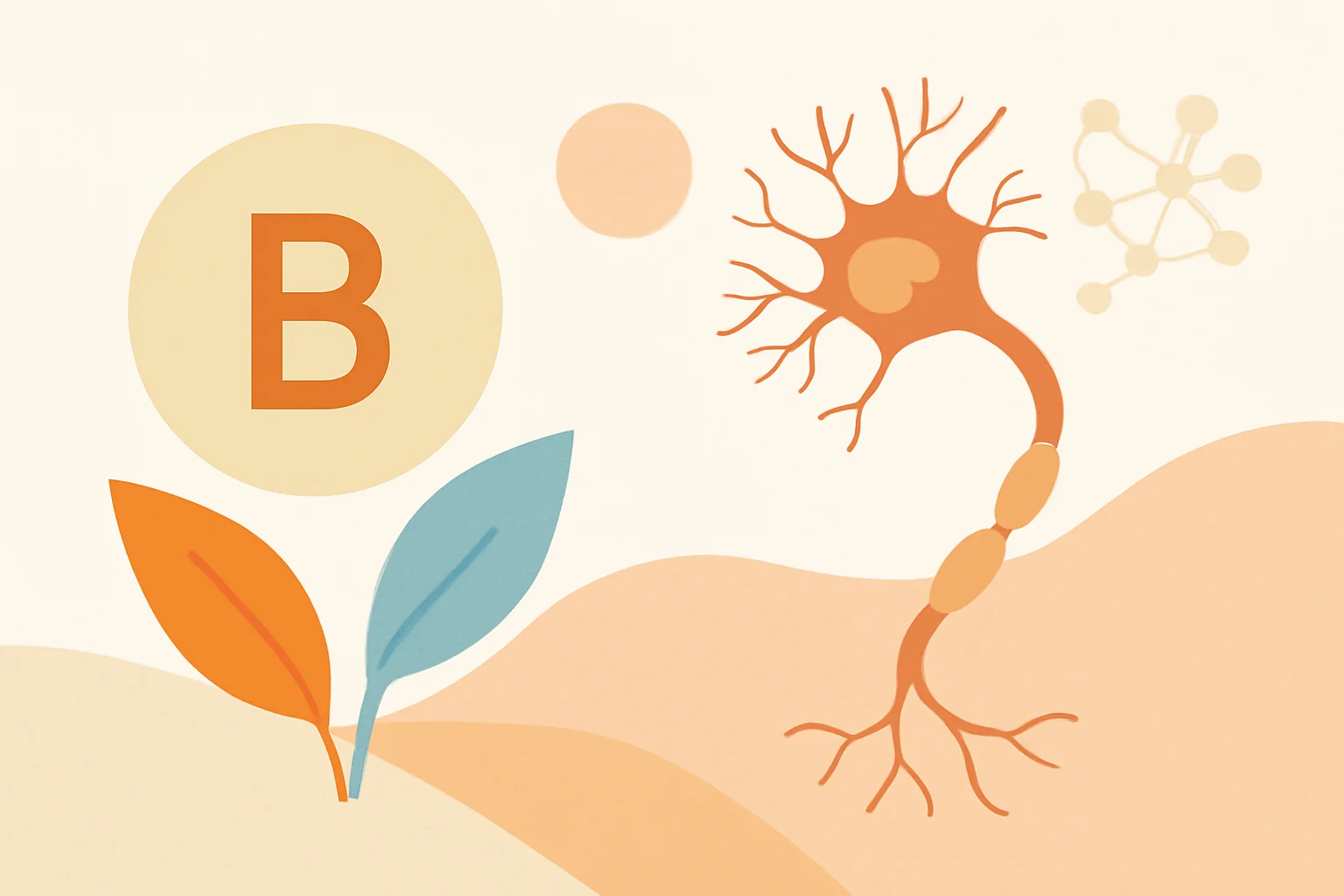
Xyzal and Cetirizine: Which is the Better Allergy Medication?
Due to modern lifestyles and environmental factors, more and more people are struggling with allergic symptoms, whether from pollen, house dust, or pet dander. To manage allergic reactions, various medications are available, among which cetirizine and xyzal (levocetirizine) are the most common. These antihistamines can effectively reduce allergic symptoms such as sneezing, runny nose, and itching.
Cetirizine: Effects, Uses, and Side Effects
Cetirizine is a second-generation antihistamine primarily used to treat allergic rhinitis and urticaria. Its mechanism of action lies in blocking histamine H1 receptors, helping to reduce symptoms caused by allergic reactions. When exposed to allergens, the body releases histamine, which is responsible for inflammatory responses; cetirizine inhibits this process.
Cetirizine is generally well tolerated and safe for most people. The typical dosage is 10 mg once daily, which is suitable for both adults and children. The effects of cetirizine appear quickly, usually within 1-2 hours, and can last up to 24 hours.
Common side effects include fatigue, dizziness, headache, dry mouth, and digestive disturbances. These effects are generally mild and temporary. It is important to note that while taking cetirizine, it is advisable to avoid alcohol and certain medications that may enhance side effects.
Cetirizine is particularly popular for treating respiratory allergies, as it effectively reduces runny nose, sneezing, and itching. Additionally, since it does not cause significant drowsiness in most people, many choose this medication for daily activities.
Xyzal: Effects and Differences Compared to Cetirizine
Xyzal, or levocetirizine, is the enantiomer of cetirizine, meaning it is one of the active forms of cetirizine. Xyzal exerts a stronger antihistamine effect than cetirizine, allowing it to be effective at lower doses. The mechanism of action of xyzal is similar to that of cetirizine, but levocetirizine generally manages central nervous system side effects more favorably.
Xyzal is typically administered in a 5 mg once-daily dose for adults and children over 6 years old. Its effects appear quickly and also last for 24 hours. The most common side effects of xyzal include fatigue, dry mouth, and headache, similar to those of cetirizine.
Levocetirizine may be a beneficial choice for those who have experienced side effects with cetirizine or who are seeking a stronger antihistamine effect. Clinical studies have shown xyzal to have more favorable outcomes compared to cetirizine, particularly in minimizing unwanted side effects.
It is important to note that while xyzal may be advantageous, it is not the best choice for everyone. Individual reactions can vary, and medical consultation is recommended to achieve the best results.
Who Should Use Cetirizine and Xyzal?
The use of cetirizine and xyzal is primarily recommended for individuals struggling with allergic symptoms. Those who suffer from seasonal allergies, such as hay fever, or have persistent allergic rhinitis generally respond well to these medications.
Cetirizine is particularly popular among adults and children experiencing mild to moderate allergic symptoms. Many choose this option due to the medication’s rapid effects and long-term efficacy.
For xyzal, the recommendation is primarily for those who experience stronger allergic reactions or who find cetirizine insufficiently effective. The use of xyzal is especially recommended if minimizing central nervous system side effects is the goal, as levocetirizine typically causes less drowsiness.
It is important to consult your doctor before using either medication, especially if you have a chronic illness or are taking other medications. Your doctor can help select the most appropriate medication and determine the correct dosage.
The effects of medications can vary from person to person, making medical consultation essential for achieving the best outcomes.
**Warning:** This article does not constitute medical advice. In case of health issues, everyone should follow their doctor’s advice.

